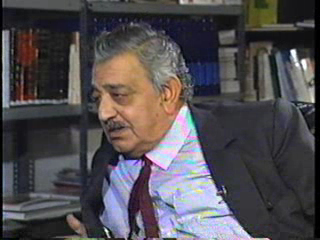
Yemeni forces and Shia Houthi rebels have reached a ceasefire deal to end clashes in the northern province of Amran following mediation backed by UN envoy Jamal Benomar. The agreement was made on Wednesday between government officials and representatives of Ansarullah, the office of Benomar said. . (The Ansarullah is a different name of the Shiite group led by Abdel-Malek al-Houthi).
According to the state news agency Saba the ceasefire halted military reinforcements from both sides, and stipulated the deployment of impartial military monitors, and the opening of the main road to the capital city of Sanaa, said the agency. The cease fire came after violent clashes on Monday, that reportedly erupted after troops and members of the Sunni Islamic Islah party tried to expel rebels from a strategic position near the provincial capital of Amran. Officials told the AFP news agency that air force jets supported the assault on the position, which is on the main road to capital Sanaa, 45km (28 miles) to the south-east.
The governor of the Amran provincie told the press agency Reuters that during the fight some 120 people were killed, 20 government soldiers en 100 Houthis. The Houthis said that the government played down the number of its soldiers killed, but did not give numbers of their own casualties.
Amran residents are far from optimistic that the new truce will hold past a few days, the Yemeni newspaper Yemen Post reports.“The Houthis will not stop … their presence in Amran so far south of Saada (where they are originally from) is proof of that, '' the paper quoted a resident. Pro-Houthi militants in Sana’a too warned that Amran truce will collapse as they emphasized the Houthis real fight is with al-Islah (Sunni radical faction), which members hold key military positions. “The Houthis are not fighting the state; they’re fighting al-Ahmar and all Islahis in the military. It’s about bringing down the former regime’s remnants … not damaging Yemen,'' the paper quoted a Houthi supporter in Sanaa.
The Houthis, who are Zayedi Shiites and belong to the faction of the imams that used to rule North Yemen till 1962, feel that their stronghold in the north of the country around Saada is neglected by the government. They have staged periodic uprisings over the past 10 years in an effort to win greater autonomy. In February, they seized areas of Amran in fighting that left more than 150 people dead.


.jpg)


No comments:
Post a Comment